I am developing a simple OS, which needs a small interrupt vectors. I have been reading about the interrupt vectors in order to understand the concepts.
Many of the resources refer to like this:

What confuses me is that how do I know the address of the interrupt handler? I know that I need to create different functions for the different types of interrupts but how can I know the address of the function?
I am developing my code in C.